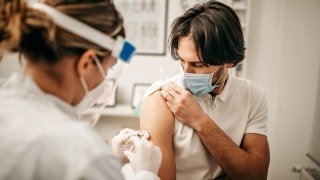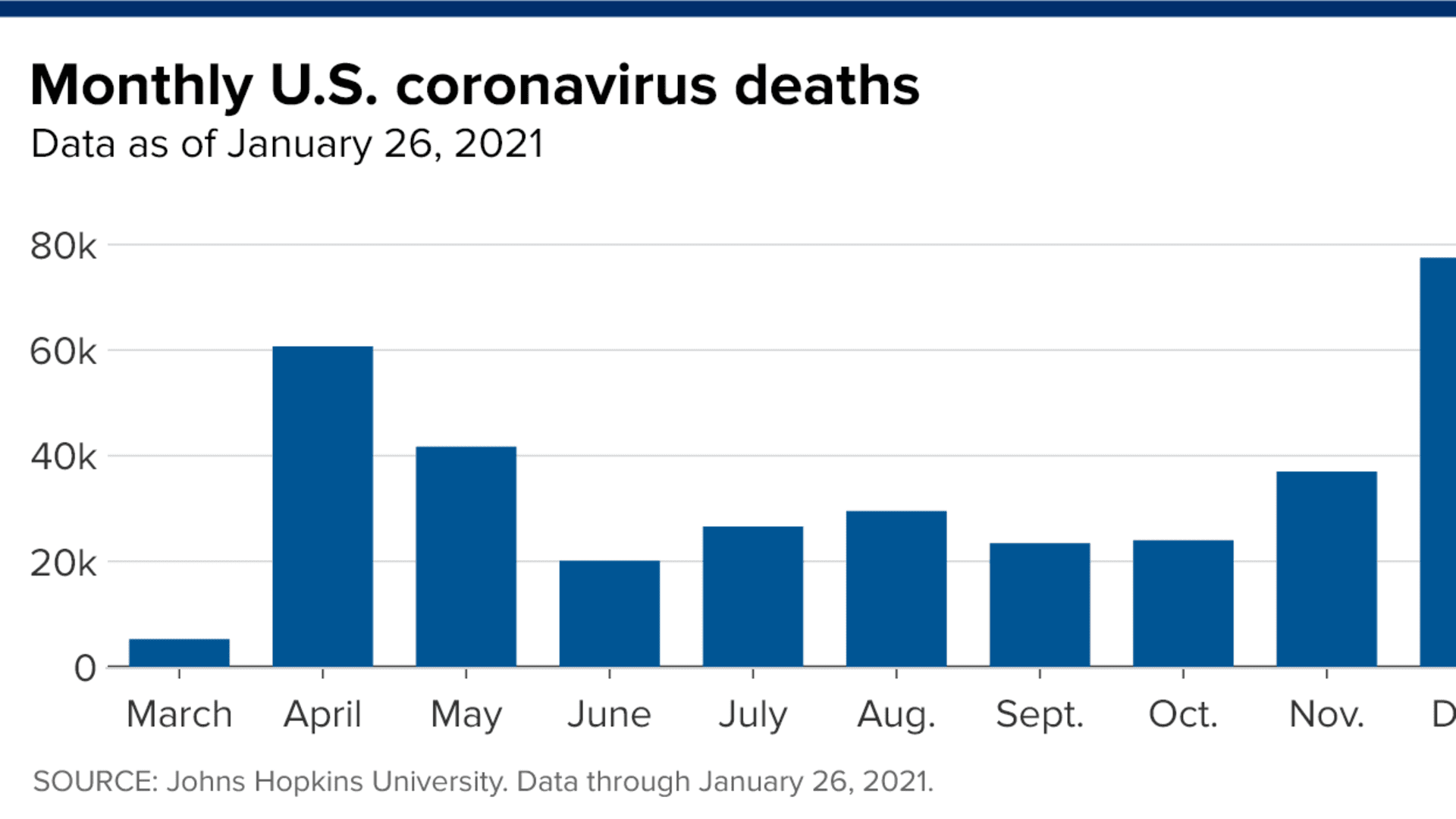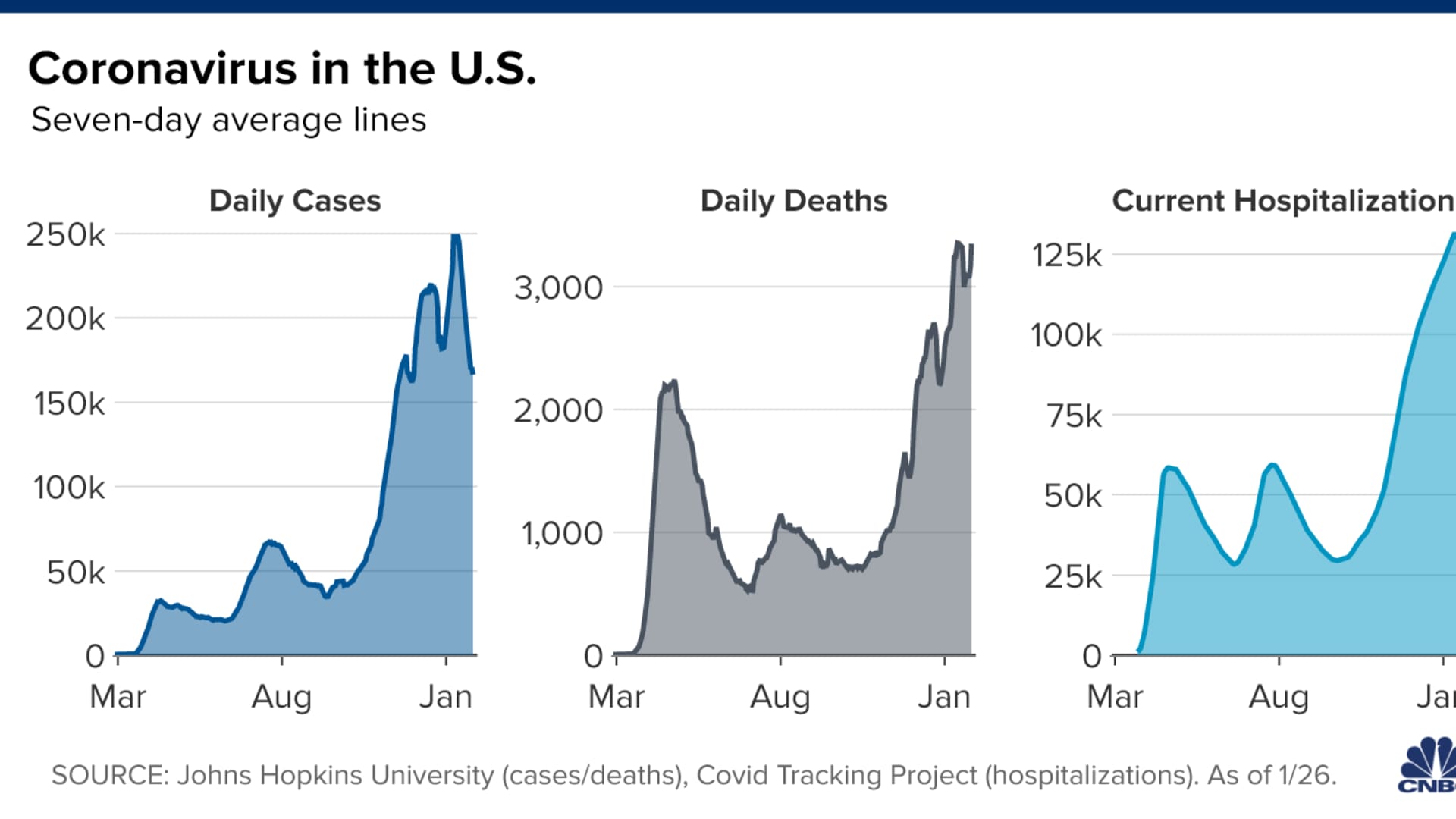
When the coronavirus pandemic first shook American colleges and universities in 2020, many schools sprung into action, producing PPE for healthcare workers and launching major testing operations.
Now, as the federal government and states ramp up vaccination efforts, private schools from Princeton to Boston University and public schools from the University of West Virginia to the University of Florida, are becoming vaccination hubs.
Given the high rates of Covid transmission in densely populated areas such as college campuses, vaccination will likely be a key step towards returning to the typical college experience.
When and how schools will achieve necessary vaccination levels, however, remains to be seen.
Student support for vaccination requirements
According to a recent survey of 1,000 college students by College Pulse, an overwhelming 71% of students believe colleges have the right to require students to get vaccinated before returning to campus. However, 19% say they do not support vaccination requirements and 10% say they are not sure.
"Our recent survey on vaccines shows students' strong support for requiring vaccinations before returning to campus," says Anne Schwichtenberg, director of research at College Pulse. "Students are eager to resume their normal on-campus routines, and while there is some hesitation about efficacy and safety associated with the vaccine, especially for students of color, a plurality of students see the vaccine as the quickest path back to normalcy."
Money Report
She adds that students seem to prefer vaccination over social distancing policies.
"Students are more supportive of the vaccine than a nationwide mask mandate (66%), or nationwide stay at home orders (65%)."
Legal precedence
When CNBC Make It spoke with legal experts about whether employers can require their employees to get the vaccine, (spoiler: they can), many pointed to the education sector as an example.
"I'm sure that we will see more employers mandate this vaccine than we've seen historically mandate vaccines. Typically we mostly see vaccine mandates in industries like health care and education," said employment lawyer Lindsay Ryan.
"Schools are allowed to require vaccinations to protect both the students and teachers. And there are reasons for that," said Dr. Howard Forman, director of Yale University's MD/MBA program. "For instance, my mother was a school teacher in New York in the 1950s and 60s. And in the 1950s, she was exposed to rubella during the second-to-last rubella epidemic. And my sister has congenital rubella syndrome. She's a very successful and very deaf woman. My mother's exposure was in the schools. So there are reasons why employment law does allow for vaccine requirements."
And attorney Renee Mattei Myers recently confirmed for CNBC Make It that colleges and universities are legally able to require students to get the coronavirus vaccine under the most-recent guidance.
"Under everything that we've seen, and the guidance from agencies like the Equal Employment Opportunity Commission and the Department of Education, it's been stated that just like how [colleges] can require other vaccines like meningitis and measles and hepatitis for incoming students, that they could require this vaccine as well," she explains. "The EEOC's guidance that came out in December made it clear and paved the way to say that employers can mandate vaccines and that this isn't considered a medical examination, which is prohibited by the Americans with Disabilities Act."
Exemptions and exclusions
But Mattei Myers notes that there will be legitimate cases for exemption.
"There are going to be students out there who are going to be unable to be vaccinated for one reason or another," she says, listing medical conditions as well as religious and philosophical objections as examples.
"Colleges and universities do routinely require vaccines, such as rubella, meningitis and chickenpox. I don't see why the Covid-19 vaccine wouldn't be put within that same category," says Kevin Welner, professor at the University of Colorado Boulder School of Education. "And 'require' is probably not the right word because obviously the student doesn't have to attend the school and there are also waivers or exemptions that students can get."

Welner says one path some schools may take is to only require Covid vaccination for on-campus students during an active outbreak.
"The current policy is usually if there is an outbreak, for example, of measles, and a student has an exemption for philosophical or religious reasons, that in the event of a measles outbreak, all of the exempted students might be subject to exclusion from the campus or even quarantined," says Welner, noting that the current pandemic clearly qualifies as an outbreak. "So if those typical vaccination policies were applied to the Covid-19 vaccine, then even those provisions for waivers and exemptions wouldn't currently allow for attendance without the vaccine."
When it comes to this policy of keeping unvaccinated students off-campus, schools are "going to have to really run through all of those analyses on a case-by-case basis, depending on the size of the school, and the nature of the population of the school, and how many people are vaccinated or not vaccinated," says Mattei Myers. "Because then the question becomes, is excluding these individuals from campus denying them that same educational opportunity because they aren't vaccinated? Or is somebody who is unvaccinated a direct threat to harm to themselves or others because they don't have this vaccine?"

Logistical challenges
And then there are numerous other logistical challenges colleges and universities will need to navigate in order to vaccinate their diverse student populations.
For instance, given current vaccine prioritization protocols, when college students can expect access to the vaccine currently depends heavily on their geography. Welner says he has heard some college students in Colorado may have access as early as March. Whereas in New York, young adults without underlying medical conditions will likely not have access until the summer.
"Students are coming from so many different places and the vaccine may be readily available in a smaller state like Kentucky, but here in Pennsylvania, for instance, it's still really difficult to get that vaccine," explains Mattei Myers, adding that schools may choose to require certain groups of students, such as medical students or student-athletes, to receive vaccinations first. "But I think the best thing you could do is have [the vaccine] available and pay for it. Make it as easy as possible for these individuals and students to get vaccinated."
And Walner brings up "justified wariness" of the Covid vaccine among Black students "because of the country's history of racist treatment, particularly of African-Americans, in the medical realm" as an important issue schools will need to address.
Ultimately, he says if the vaccine is free and easily accessible, many students will freely line up.
"I would expect in most places, students would be more than happy to get the vaccine and start returning to enjoying college life."
Don't miss:






